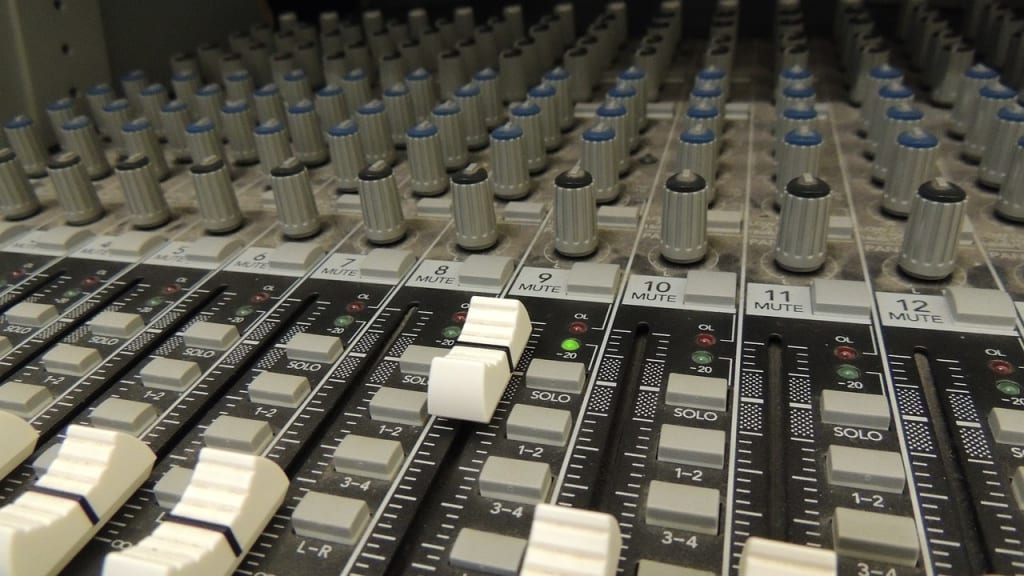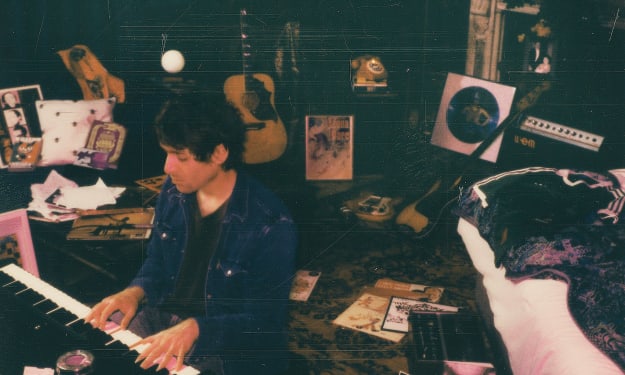Blockchain's Role in Revolutionizing the Music Industry
Striking a New Chord: How Blockchain Technology is Changing the Beat of the Music Industry

The music industry has evolved significantly over the years, with digital platforms now dominating how consumers access their favorite tunes. However, the digitization of music has also brought its share of challenges, from piracy issues to unfair distribution of profits. This is where blockchain technology, the driving force behind cryptocurrencies, comes into play. With its transparent and decentralized nature, blockchain can potentially revolutionize the music industry in numerous ways.
Understanding Blockchain and Its Relevance to the Music Industry
Blockchain is a decentralized ledger technology that records transactions across many computers to ensure the data's security and transparency. The key features of blockchain technology, such as transparency, immutability, and decentralization, can address some of the long-standing issues in the music industry.
Blockchain's Potential in the Music Industry
The implementation of blockchain technology could bring numerous benefits to artists, consumers, and the music industry as a whole. Let's explore how:
Fair Compensation: One of the major issues that artists face in the digital age is the unfair distribution of profits. Blockchain can ensure that artists get paid directly and transparently, minimizing intermediaries' need. Smart contracts can be used to automate payments, ensuring that artists receive their due share whenever their music is played or purchased.
Provenance and Rights Management: Blockchain technology can create a transparent and unchangeable ledger for music rights, ensuring that artists' copyrights are protected. This reduces disputes over music rights and royalties, and artists can claim ownership of their work confidently.
Eliminating Piracy: Piracy has been a perennial issue in the music industry, costing artists and record labels billions of dollars every year. Blockchain technology can help track the ownership and sale of music, making it much more challenging to distribute pirated content.
Fan Engagement and Unique Experiences: With blockchain, artists can create unique digital assets or tokens for their fans, allowing them to participate in exclusive experiences such as meet-and-greets, early access to new releases, and more. These tokens can foster stronger relationships between artists and fans, promoting loyalty and engagement.
Real-Life Examples of Blockchain in Music
Imogen Heap: Grammy-winning artist Imogen Heap has been a vocal advocate for blockchain technology in the music industry. She released her song "Tiny Human" on the blockchain-based platform Ethereum, allowing direct purchases that bypass the usual intermediaries.
Bjork: In 2017, Icelandic artist Bjork released her album 'Utopia,' allowing fans to purchase it using Bitcoin. Purchasers also received 'Audio Coins,' a form of cryptocurrency, which could be converted into other digital currencies or used to buy exclusive merchandise.
Viberate: This blockchain-based music platform aims to revolutionize the live music industry by acting as a global marketplace for musicians, booking agents, and event organizers. It utilizes smart contracts for transactions, ensuring transparent and prompt payments.
The Future of Blockchain in Music
The introduction of blockchain technology in the music industry may herald a new era of transparency, fairness, and efficiency. While it's still in the early stages, the potential impact is enormous. As more artists and industry stakeholders recognize blockchain's potential, we can expect a steady adoption of this technology in the music industry.
Conclusion
Blockchain technology has the potential to revolutionize the music industry by resolving longstanding issues like unfair compensation, piracy, and rights management. As artists and industry professionals increasingly embrace this technology, the future of music could be more transparent, more profitable for artists, and more engaging for fans. This isn't just a tune we're humming; it's the start of a blockchain symphony in the music industry.
About the Creator
Alden Pole
Delving into captivating topics, I share insightful content that informs and inspires. Join me on this journey of discovery and let's explore the wonders together!






Comments
There are no comments for this story
Be the first to respond and start the conversation.